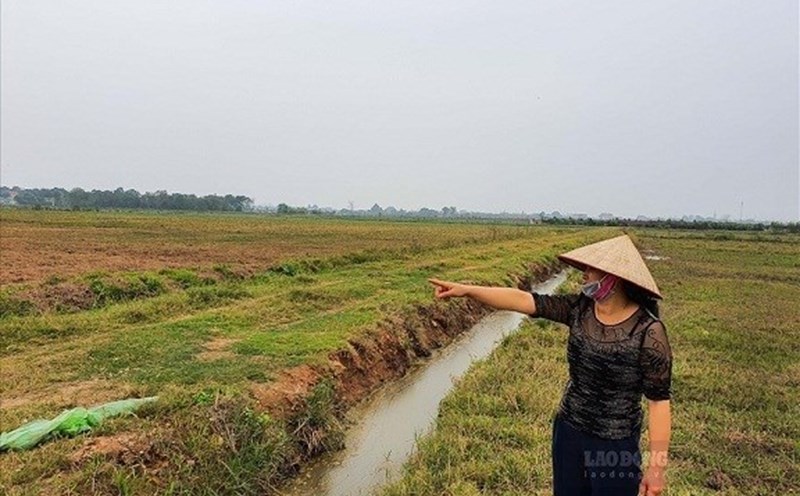According to Associate Professor, Dr. Nguyen Dinh Tho - Deputy Director of the Institute of Strategy and Policy on Agriculture and Environment (Ministry of Agriculture and Environment), digital transformation in land management requires building a unified, accurate and complete information system, helping to manage all changes related to land use rights, from granting Land Use Rights Certificates to monitoring changes in planning, transfer, auction and land recovery.
The implementation of a national land database must ensure connection and interconnection with the systems of ministries, branches and localities so that data is updated continuously and accurately. The system also needs to be able to provide online data to stakeholders, from state management agencies to businesses and people, to serve the issuance of transparent, timely and effective decisions.
According to Mr. Tho, the digitalization of the process of registration of changes and issuance of Land Use Rights Certificates also contributes to reducing the time for handling administrative procedures, improving management efficiency, and increasing transparency in land transactions. Electronic data can track the entire transaction process, determine financial obligations and rights of people and businesses, help the State strictly control land use activities, and create favorable conditions for investors in researching and implementing projects.
"Digital transformation in land management also brings great social benefits. Public disclosure of information on planning, land prices, land use rights and legal status helps reduce disputes and increase people's trust in the state management mechanism. When data is updated in a complete, accurate and transparent manner, the opportunity for abuse of power, corruption and land speculation is significantly reduced. transparency also creates a stable and predictable investment environment, thereby promoting economic development, infrastructure and urbanization projects, creating momentum for sustainable growth in the digital age" - Associate Professor, Dr. Nguyen Dinh Tho emphasized.
The Deputy Director of the Institute of Strategy and Policy on Agriculture and Environment said that high-quality human resources are the foundation for effectively operating digital systems. Land management officers need to be trained simultaneously in land law and information technology capacity, be able to analyze, synthesize data and make decisions based on data. Continuous training helps adapt to changes in technology, ensuring that the data system is always updated, accurately reflecting the current situation of land use and resources. Human resources equipped with in-depth knowledge are also capable of developing new applications, researching advanced management models and optimizing land management processes towards digitalization.
Completing the legal framework for digital transactions and digital assets arising from land is an urgent requirement. It is necessary to issue detailed regulations to manage transactions on digital platforms, ensuring transparency, legality and protecting the rights of people and businesses.
"The implementation of policy recommendations creates a premise for land management in the digital age to become a strategic tool for green economic development, digital economy and sustainability. The ability to connect inter-sectoral data, analyze the relationship between land, environment, agriculture and climate change helps make evidence-based policy decisions, reduce risks and increase resource exploitation efficiency.
The digital integration process improves transparency and administrative efficiency and opens up opportunities for developing new economic mechanisms from digital assets, contributing to promoting innovation and increasing added value from land resources" - Associate Professor, Dr. Nguyen Dinh Tho said.











